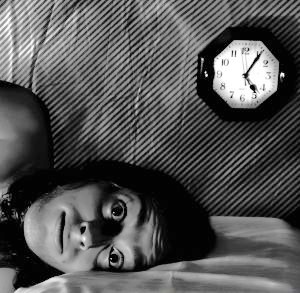Healthy Sleep Advice

If you are having problems sleeping, the National Sleep Foundation suggests the following to improve your sleep:
- Set and stick to a sleep schedule. Go to bed and wake up at the same times each day. “Sleeping in” on weekends also makes it harder to wake up early on Monday morning because it re-sets your sleep cycles for a later awakening.
- Expose yourself to bright light in the morning and avoid it at night. Exposure to bright morning light energizes us and prepares us for a productive day. Alternatively, dim your lights when it’s close to bedtime.
- Exercise regularly. Exercise in the morning can help you get the light exposure you need to set your biological clock. Avoid vigorous exercise close to bedtime if you are having problems sleeping.
- Establish a relaxing bedtime routine. Allow enough time to wind down and relax before going to bed.
- Create a cool, comfortable sleeping environment that is free of distractions. If you’re finding that entertainment or work-related communications are creating anxiety, remove these distractions from your bedroom.
- Treat your bed as your sanctuary from the stresses of the day. If you find yourself still lying awake after 20 minutes or so, get up and do something relaxing in dim light until you are sleepy.
- Keep a “worry book” next to your bed. If you wake up because of worries, write them down with an action plan, and forget about them until morning.
- Avoid caffeinated beverages, chocolate and tobacco at night.
- Avoid large meals and beverages right before bedtime.
- No nightcaps. Drinking alcohol before bed can rob you of deep sleep and can cause you to wake up too early.
- Avoid medicines that delay or disrupt your sleep. If you have trouble sleeping, ask your doctor or pharmacist if your medications might be contributing to your sleep problem.
- No late-afternoon or evening naps, unless you work nights. If you must nap, keep it under 45 minutes and before 3:00 pm.
- See a doctor if your sleeping problem continues:
If you have trouble falling asleep night after night, or if you always feel tired the next day, then you may have a sleep disorder and should see a physician. Your primary care physician may be able to help you; if not, you can probably find a sleep specialist at a major hospital near you. Most sleep disorders can be treated effectively, so you can finally get that good night’s sleep you need.
Tomorrow: Sleep Disorders



























0 comments